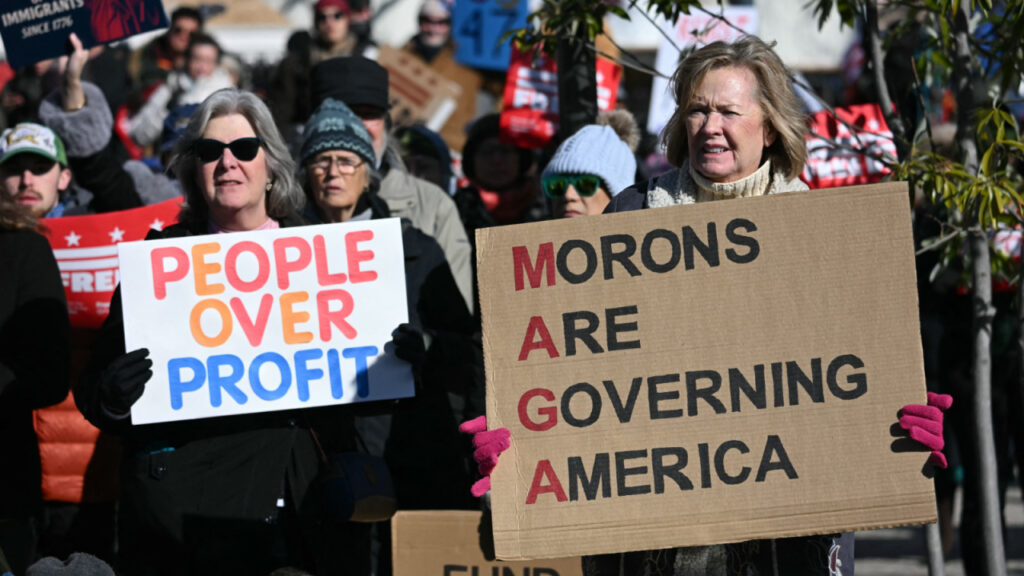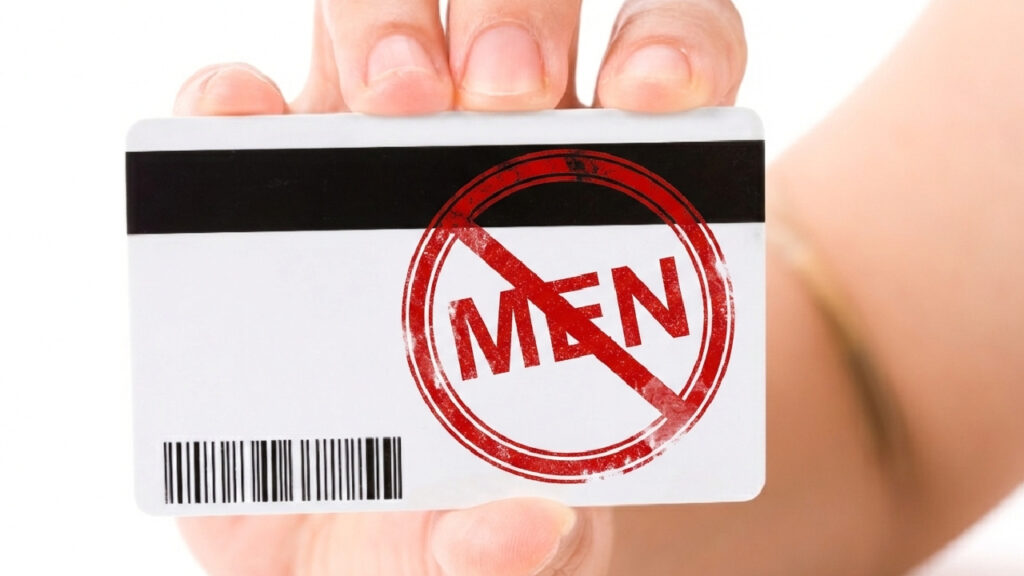
I Once Thought Being a ‘Borracha’ Was My Fate—a Latina’s Journey Through Addiction and Recovery
Growing up, you might have heard your Abuela or tías gossip about addiction as if it were a personal failure. I surely do.
I still remember my mother’s sharp tone when she’d say, “Esa sí es una borracha,” referring to a family member’s drinking habits with disdain. Words like borracha and vaga stuck with me from a young age. Those words taught me that whatever I did, I could not become like those family members my mother spoke of. If my relationship with alcohol ever mirrored theirs, I knew I’d be facing the same judgment. The judgment I feared because I believed those labels were true.
The problem with our community casually throwing around terms like borrachato to label someone struggling with alcohol use is that it puts all the blame on the individual. It frames addiction as a personal failure instead of prompting us to examine the systems and circumstances that often lead someone to that point.
While it’s our responsibility to seek recovery when our relationship with alcohol becomes problematic, the fact that 10% of Latinx individuals might find ourselves quietly Googling “Do I have a drinking problem?” after one too many margaritas isn’t entirely our fault.
Addiction in the Latino community is a real problem
According to a 2023 report by the KFF, a leading healthcare policy organization, 50% of undocumented immigrant adults and 18% of lawfully present immigrants in the U.S. were uninsured.
In the Latino immigrant community specifically, the numbers show that roughly one in four Latino immigrant adults, documented or not, lack health insurance.
Without insurance, many immigrants don’t have access to medical professionals. We don’t have help from specialists who could intervene before alcohol takes a toll on our bodies. Much less to provide the mental health support needed to cope with the immense challenges of starting over in a new country—where they often feel unwelcome.
What does this mean for us?
As a first-generation American with a Cuban father and a Costa Rican mother, it means that when my family crossed the border, they didn’t just bring their belongings—they brought their traumas, too. With limited access to resources and support in the U.S., they had few tools to navigate the emotional pain they carried from their homelands.
Take my mother, for example. She’s always prided herself on not succumbing to depression, often saying, “Hay que trabajar o limpiar.”
While she wore the mask of constant busyness as her way of coping, she has since opened up in her later years, revealing past suicide attempts when she was younger. For many years, Mami was uninsured in the U.S., never able to access the professional help she needed to address the pain she buried beneath her work.
Like my mother, other family members also found themselves uninsured in the U.S.
But instead of using work to cope, they turned to alcohol as their primary way of managing trauma. The problem is that we are conditioned to believe alcohol is safe simply because it’s legal. For generations, there was little to no awareness that no level of alcohol consumption is truly safe—not even a single drink.
Maristela G. Monteiro, senior advisor on alcohol at the Pan American Health Organization in Washington, DC, highlights this in her editorial, “Alcohol y Salud Pública en América Latina: ¿cómo impedir un desastre sanitario?“ (Alcohol and Public Health in Latin America: How to Prevent a Health Disaster?).
Monteiro points out that alcohol consumption in Latin America is responsible for thousands of deaths and millions of lost healthy life years due to both acute and chronic conditions. Beyond its direct health impact, alcohol affects family and personal relationships, fuels violence, and contributes to work and economic problems, as well as child abuse and neglect.
If these issues are already deeply rooted in our home countries due to alcohol, it’s no surprise that when our families arrive in the U.S. with limited access to resources, they continue to struggle. The harmful patterns that existed in previous generations remain a challenge for the Hispanic/Latinx community here today.
However, limited access to care is not the only factor driving addiction in our communities
The stigma surrounding mental health in Latino culture further prevents many of us from recognizing when we need help. Even in cases where care is available, this stigma often keeps us from seeking the support we desperately need.
For example, a study from Baltimore, Maryland, published in 2023, noted that Spanish-speaking Latinos who were surveyed self-reported depression as being a personal weakness. An individual is at least partially responsible for having depression. This kind of belief can easily push someone away from seeking support.
In my case, internalized stigmas prolonged my own addiction far beyond what it needed to be
As I mentioned earlier, people in my family who battled alcohol were labeled borrachos or vagos, and I believed those labels. So when I began struggling with my mental health in my 20s, I didn’t feel safe saying, “Me siento deprimida” to anyone, fearing the response wouldn’t be supportive.
Even though I was a classroom teacher with a full-time job and health insurance, I didn’t seek professional care. Instead, I found that alcohol was an easy way to ease my discomfort, allowing me to manage my symptoms privately, en casa.
The problem was I didn’t realize how addictive alcohol could be
Over time, I became dependent and heavily addicted. I soon recognized that my relationship with alcohol mirrored that of my family members. At that point, I was convinced it was entirely my fault—that I, too, was just a borracha.
The shame I felt about who I believed I had become was overwhelming. Even when I developed alcoholic liver disease at 34, I was too embarrassed to seek help. It wasn’t until I experienced severe alcohol withdrawal that left me unable to teach that I finally sought treatment for the first time.
But treatment alone wasn’t enough
Over the next 14 months, I cycled in and out of facilities seven or eight times. It wasn’t until I chose to confront the stigma head-on and break the generational patterns of secrecy, shame, and false beliefs about mental health that I was able to end my relationship with alcohol.
I needed to address my mental health with the help of licensed professionals, but the real turning point came when I allowed myself to open up to others about what I was going through. By shedding the shame and the stigmatized beliefs I had internalized, I became willing to seek—and receive—the help I truly needed.
You don’t have to share your struggles with mental health or your relationship with alcohol and other substances with the world
But if you’ve internalized that voice telling you you’re nothing but a borracha, know that this isn’t your fault. Help is available, and you deserve a life beyond the bottle—tú te mereces la liberación. That journey starts by telling someone you’re struggling.
If you’re looking for a supportive space, I recommend the community I’m part of, The Luckiest Club, an online sobriety support group. I host a bilingual Spanish-English recovery meeting every Saturday at noon ET, and we also offer women’s meetings and meetings for BIPOC (Black, Indigenous, and People of Color) individuals.
Jessica Dueñas (pronouns she/her/ella) is a former classroom teacher. She was honored as the 2019 Kentucky State Teacher of the Year before getting sober in 2020. In 2021, Jessica received the title of Kentucky Colonel from Governor Andy Beshear—one of the highest honors a civilian can receive in Kentucky—in recognition of her advocacy for addiction awareness and mental health support. Currently, she works with college students in Residence Life while also serving as a life coach for those in recovery at her practice, Bottomless to Sober, and as a meeting leader for The Luckiest Club. On a personal note, Jessica is excited to welcome her baby girl, Amara, in December of this year and currently resides in Tampa, Florida.




